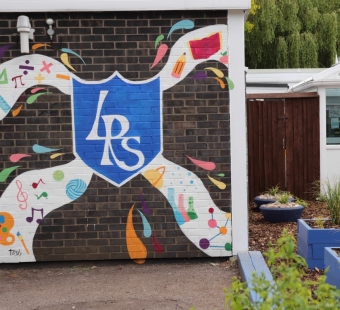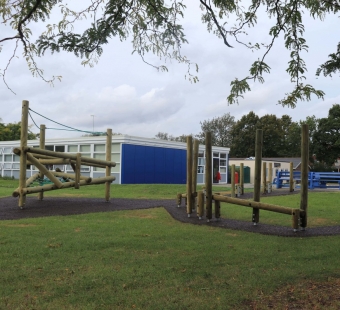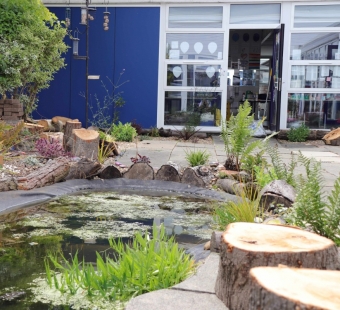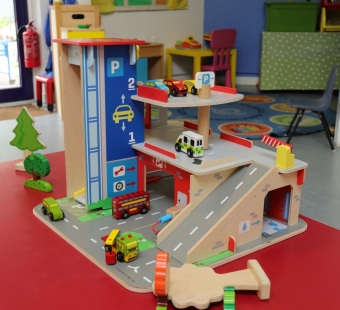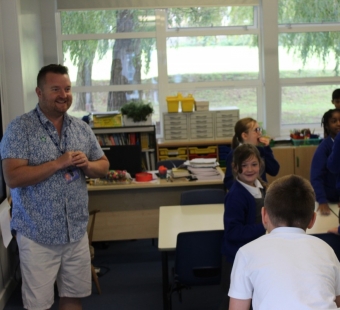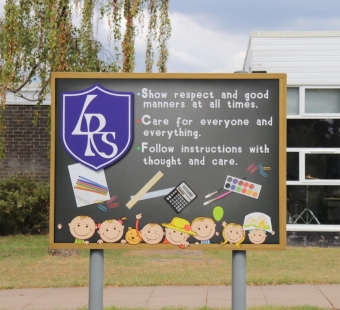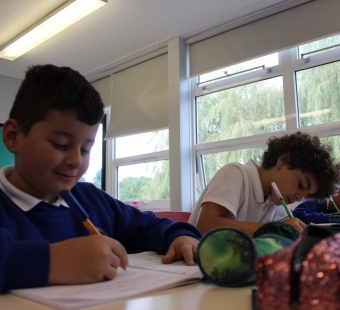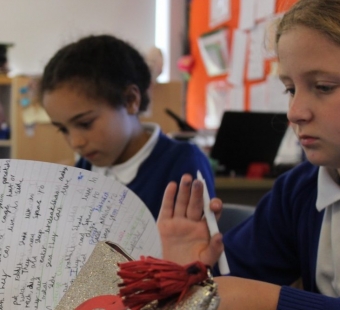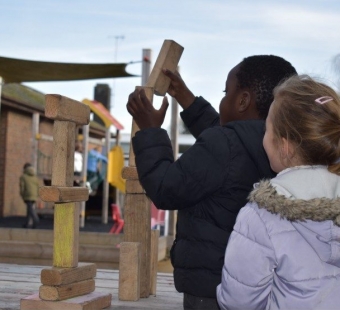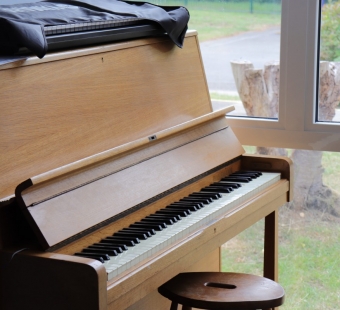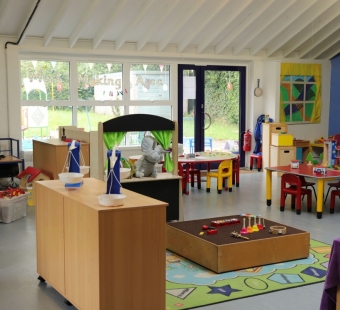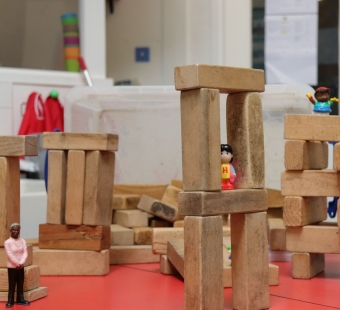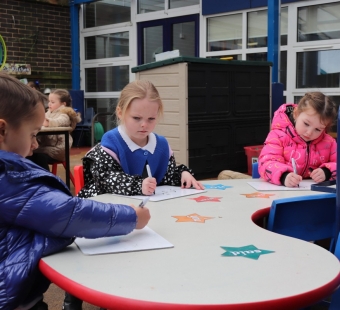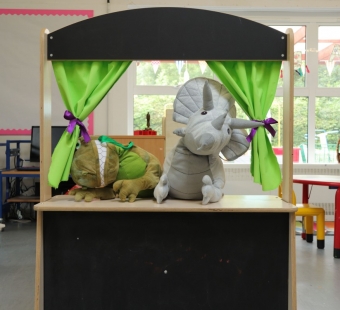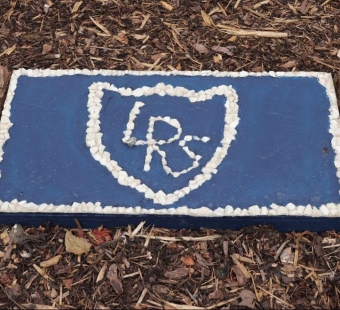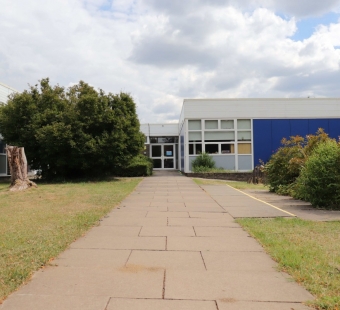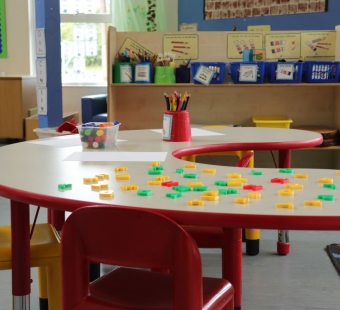The Role of Parents
Partnership with Parents
Little Reddings Primary School – Our role
At Little Reddings Primary School, we believe that it is essential to develop strong partnerships with home if our children are to achieve their full potential. Parents and schools working as partners can only increase pupil achievement and help to develop positive attitudes about self and school.
We aim to establish a mutually supportive and respectful relationship with all our parents where trust and respect is at the heart of all we do. We aim to keep parents informed and involved in a positive way, through working in partnership together in order to help every pupil achieve their full potential socially, emotionally and academically.
Being a welcoming and friendly school for parents/carers and visitors
Our office staff aim to respond swiftly and efficiently to the needs of all callers and visitors.
We make the school a safe and vibrant environment.
Our Text messaging service provides immediate communication and information for parents
The regularly updated website communicates the key information about school life.
Email distribution of letters and weekly newsletters provides prompt information for our parents
Daily Greet – each morning, staff are available either on the main playground or at the doorways of their classes to meet and greet the children and provide parents the opportunity to informally share any information.
Link Learning – In Early Years and KS1, parents are invited to come in to the classroom every morning and share learning experiences with their children. This can involve reading with or to their children, problem solving, reinforcing classroom learning and practising new skills. This is also gives parents the opportunity to discuss progress informally with the class teachers.
Newsletters – these are sent out on a weekly basis giving information of dates, events, what is happening or going to happen in school, celebration of achievements and general information.
Curriculum Newsletters – these are sent out at the beginning of Autumn, Spring and Summer terms and contain information about what the children will be learning during that term.
Parent Forum – this is an opportunity for parents and carers to:
- Have their voices heard and receive a response to the issues that they raise
- Work in partnership with staff and Governors to improve our school
- Improve communication between parents across the year groups
Friends of Little Reddings – successfully run many fund raising events throughout each school year such as the annual summer fair, children’s discos, a Christmas week of activities, to name a few, and all help to raise funds for enhancing facilities for the pupils of Little Reddings Primary School.
Community Based Events – these activities provide opportunities for parents to come into school and share their talents, skills and expertise with the children. This collaboration with parents helps develop skills for life and prepare our children for future roles in society.
Parent/Teacher Consultations – individual consultations with parents are arranged during the Autumn and Spring Terms, to discuss children’s progress/targets. Appointments can also be arranged at the end of the Summer Term to discuss End of year Reports.
Written Reports – reports are sent home at the end of the year to inform parents about their child’s achievements and targets for the next term.
Celebration Events – such as special assemblies, Harvest and Christmas presentations, Sports day and picnic, carol concerts
SEN Consultations – through this we can help by:
- listening to your concerns and explaining what options are available, working in collaboration with you to ensure that your child receives the appropriate provision
- supporting you at meetings and visits to schools and education settings
- guiding you through the Education, Health and Care Needs assessment process
- including you in discussions with schools and the local authority
- making sure your views influence the development of local policy and practice for children with special educational needs
- navigating the Local Offer website and identifying relevant agencies
Extended School Provision – these provide extra out of school hours facilities –such as Breakfast Club, After School Club and Enrichment activities.
Home/School Reading Link – we expect parents to spend time reading with their children. This ‘shared reading’ helps to encourage reading and aid progress. Home reading can prove very rewarding for all concerned when approached as a shared, enjoyable experience. The children also have access to our School library each week and can borrow books to read at home.
Home Learning – is given as a continuation of work being covered in class. Children can choose from a range of creative activities linked to the current topic that they are learning about.
Home/School/Pupil Agreement – We believe that education is a shared responsibility between home and school. Consequently, we encourage parents and pupils to complete our Home/School/Pupil Agreement which is signed by pupils, parents/carers and the school and details the responsibilities and expectations of all parties.
Class Support – We encourage parents to come to school to help teachers on a voluntary basis. We welcome any support that parents can give; especially for hearing individual readers, helping on school trips and creative activities.
Parental Feedback – We welcome comments and feedback from parents, carers or visitors about any aspect of the work we do at school. Equally we welcome any suggestions that will help us to further develop our partnership with parents.
The school will regularly seek parental views on a range of topics affecting pupils’ education through questionnaires, surveys and verbal discussion. Feedback is valued, and responses are seriously considered and actioned where appropriate and in pupils’ best interests.
Supporting your child at school
Children can achieve well at school when their family and friends take an interest in their school and schoolwork. Getting involved in your child’s education, even in the simplest way, shows that you care about their school life. Often, the more supported a child feels at home, the more effectively she or he will learn at school. Whatever your lifestyle, or family situation, it is never too soon (or too late) to start helping a child develop a positive attitude towards learning.
We appreciate that time can be a factor in busy families but there are ways of being involved in your child’s education without feeling overwhelmed. If you are a non-resident parent, it is equally as important to be involved in your child’s learning too. This can give your child far greater goals and inspire them to try their best where they can.
Helping your child get the best out of school
- Try to give encouragement and show appreciation of your child’s achievements, whether great or small, as this can help boost their confidence.
- Teach them basic organisation and time management skills so they are not overwhelmed with projects or homework.
- Be realistic and avoid putting your child under pressure by having over-high expectations. Let your child develop at their own pace, but if you do have concerns, please speak to their teacher.
- Try to give feedback rather than criticism, e.g. saying ‘that didn’t seem to work’ rather than ‘you got it wrong’. This helps them think about where they went wrong and how they can improve in future, rather than just feeling like a failure.
- You might find contacting the school or talking to your child’s teachers difficult, or think they will not have time for you. But finding out more about their school life and what they are learning shows your child how much you care about their education. And getting to know the school and the teachers is the best way of finding out more.
Tips to help you keep up with what’s happening at the school
- Make sure your child gives you any letters that are sent home.
- Look out for notices and posters for parents.
- If you can, check the school website.
- Try to make it to the fun events, like school fairs, and to parents’ evenings.
- If you are worried about anything, go and talk to a teacher. They will want to help.
Out of school support
- Often parents like to introduce a variety of interests in and out of school too so children have the opportunity to explore other interests that they enjoy.
- Learn together, do things together, visit interesting places, talk about things you’ve seen on television and encourage your child to ask questions.
- Support their reading development by having books, magazines and newspapers in the home and let your child see you and other family members reading them.
- When a child comes home from school, they may be tired so try not to fire too many questions of your child as soon as they walk through the door. They may be tired or hungry and not feel like talking. Be available to listen later if they want to talk.
Thinking ahead
Education is more than just maths, English and science. Your child’s talents might lie in sport, art, music, drama, computers, or anything else, you can always help them aim high by boosting their confidence:
- Encourage them to join after-school clubs or activities.
- Tell your child how proud you are when they do well.
- Let them hear you praising them to other people.
- Talk together about their future and the kind of job they think they would enjoy.
- Ask them to help you with things they are good at.
- Help your child to find someone to look up to; a relative, friend or celebrity.
If your child is struggling at school
If your child has Special Educational Needs (SEN), it is even more important to be involved so you can understand what support your child is receiving at school and whether he or she is on target. You can speak to their class teacher or the SENCO. You may hear terms that are unfamiliar and if this is the case, you can always speak to the school or your Local Education Authority about what these mean. Your child may have an IEP (Individual Education Plan) which is reviewed on a quarterly basis. This will indicate what support your child needs and how this is being met by the school. These plans should be set with your involvement in a meeting with the teacher and SENCO. If your child does need extra help, find out from the school how he or she can be supported at home. This may be something as simple as allowing them to draw more often to help with fine motor skills, etc.
Helping your child make new friends
If your child is worried about making new friends or is having trouble with an existing group of friends, this can add to any existing anxieties they may have around school, or may even be the main cause of their concerns.
School and parents
Young people live and learn in two worlds – home and school. The way the two connect and communicate can make an enormous difference to how children learn to manage in both places. If teachers, parents and young people all trust, listen and talk to each other, the final goal of helping children learn and develop to their best ability is most likely to be achieved.

